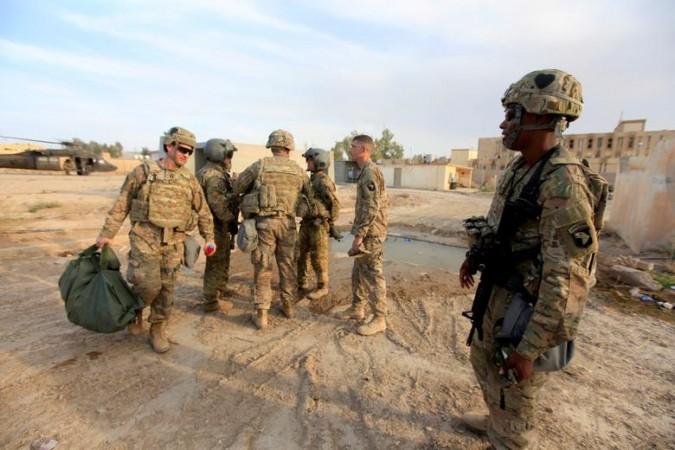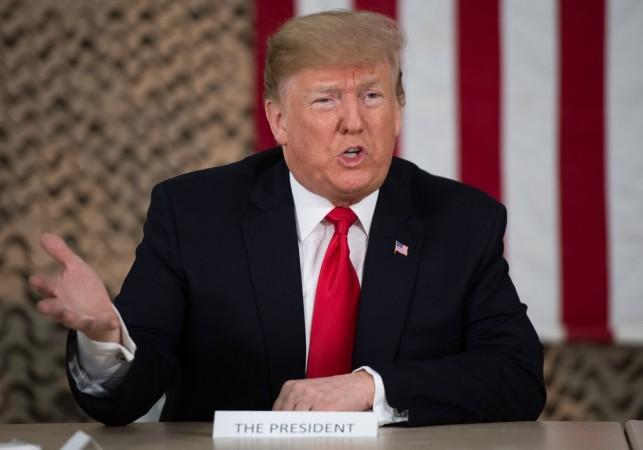Three American troops and several Iraqi forces were wounded on Saturday in the second major rocket attack in the past week on an Iraqi base north of Baghdad, US and Iraqi officials said, raising the stakes in an escalating cycle of attacks and reprisals.
The Iraqi military said several Iraqi air defence servicemen were critically wounded. Two of the three wounded US troops are seriously injured and are being treated at a military hospital in Baghdad, the Pentagon said.

Pentagon spokesman Jonathan Hoffman declined to speculate on potential U.S. responses but, in a statement, cited Defense Secretary Mark Esper's warning last week: "You cannot attack and wound American Service Members and get away with it, we will hold them to account."
The rocket attacks came less than two days after the United States launched retaliatory airstrikes at facilities in Iraq that the Pentagon linked to the Iran-backed Kataib Hezbollah militia, which it blamed for Wednesday's attack on Taji.
The retaliatory strikes were meant to deter militia from staging any more rocket attacks. Not only did the retaliatory strikes appear to fail to stem more attacks on the U.S.-led coalition, but Iraq also protested the U.S. airstrikes and said members of its security forces were among the dead.
The official Iraqi casualty figures showed three Iraqi soldiers, two policemen, one civilian and no militiamen were killed in the US strikes, which Baghdad condemned as a violation of its sovereignty and targeted aggression against its regular armed forces.
The Iraqi military said on Saturday that neither the United States nor other foreign forces should use the latest attack as a pretext to take military action without Iraq's approval, and should instead hasten to implement a parliamentary resolution expelling them.
Iraqi security forces had made an initial arrest

The Pentagon said Iraqi security forces had made an initial arrest and added the United States was assisting with the investigation into the attack. Longstanding antagonism between the United States and Iran has mostly played out on Iraqi soil in recent months.
Iranian-backed paramilitary groups have regularly rocketed and shelled bases in Iraq which host U.S. forces and the area around the U.S. Embassy in Baghdad. The United States has, in turn, conducted several strikes inside Iraq, killing top Iranian general Qassem Soleimani and Kataib Hezbollah founder Abu Mahdi al-Muhandis in January.
Many Iraqis say it is they who suffer most from U.S.-Iranian tensions and some, including caretaker Prime Minister Adel Abdul Mahdi, has called for U.S. troops to withdraw. Parliament voted to expel foreign troops in January.

















